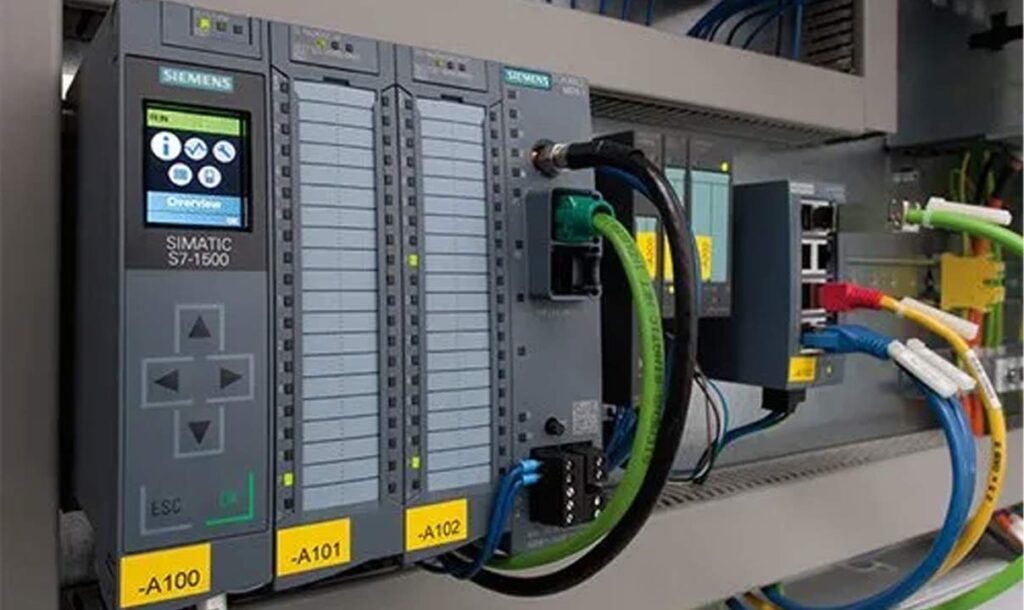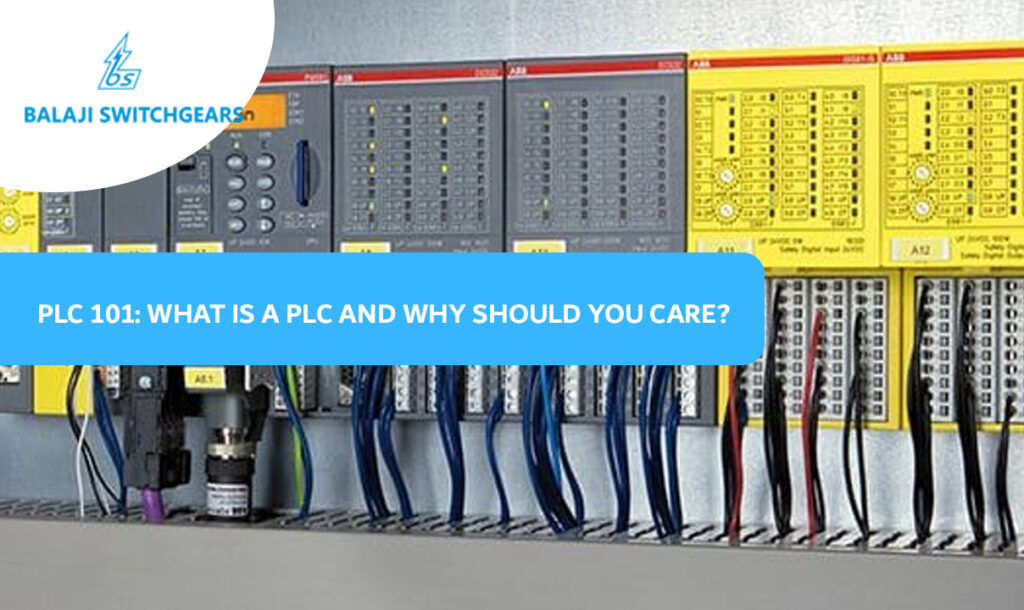In the world of PLC industrial automation, understanding what a Programmable Logic Controller (PLC) is and why it’s important can seem daunting. But don’t worry—let’s break it down into simple terms so you can see why PLCs matter and how they can benefit your operations.
What is a PLC?
A Programmable Logic Controller, or PLC, is like the brain of an automated system. It’s a special type of computer designed to control machines and processes in industrial settings. Think of it as a smart control panel that makes decisions based on programmed instructions.
Imagine you have a factory with a conveyor belt that moves products from one station to another. The PLC is responsible for controlling how fast the conveyor belt moves, when it starts and stops, and how it interacts with other machines. It does all this based on the instructions you give it, much like following a recipe to bake a cake.
How Does a PLC Work?
A PLC works by constantly checking inputs (like sensors that detect whether a product is present) and then making decisions based on these inputs. It then sends commands to outputs (like motors or lights) to control the machinery accordingly.
Here’s a simple example:
- Input: A sensor detects that a product is on the conveyor belt.
- Processing: The PLC checks its programmed instructions to decide what to do next.
- Output: The PLC sends a signal to the motor to move the conveyor belt, transporting the product to the next station.

Why Should You Care About PLCs?
- Increased Efficiency
PLCs make industrial processes more efficient by automating repetitive tasks. For example, in a manufacturing plant, a PLC can control multiple machines simultaneously, reducing the need for manual intervention and speeding up production. - Reliability
PLCs are designed to handle tough industrial environments. They are built to withstand dust, heat, and vibrations, ensuring they work reliably even in challenging conditions. This means fewer breakdowns and less downtime for your machinery. - Flexibility
If your production needs change, you can easily update the PLC’s programming to adapt to new tasks or processes. This flexibility is crucial for industries that need to quickly adjust to changing demands or new products. - Cost Savings
By automating processes, PLCs can help reduce labor costs and minimize human error. Fewer mistakes and more consistent operations lead to cost savings and higher product quality. - Enhanced Control
PLCs offer precise control over machinery and processes. This means you can fine-tune operations to meet specific requirements, improving overall performance and efficiency.
How Balaji Switchgears Can Help
At Balaji Switchgears, we understand the importance of PLCs in industrial automation. We offer a range of PLC solutions tailored to your needs. Whether you’re looking to automate a simple task or a complex process, we can help you find the right PLC for your application.
- Expert Advice: Our team provides guidance on selecting and configuring the best PLC for your specific needs.
- Quality Products: We offer high-quality PLCs designed for reliability and performance.
- Support and Service: We provide ongoing support to ensure your PLC systems run smoothly and efficiently.
Conclusion
PLCs are essential components in modern industrial automation. They automate complex processes, enhance efficiency, and provide reliable control over machinery. By understanding what a PLC is and why it’s valuable, you can appreciate the role it plays in improving your operations. If you’re looking to implement or upgrade your PLC systems, contact Balaji Switchgears for expert advice and high-quality solutions. We’re here to help you harness the full potential of PLC industrial automation for your business.


Fantastic site A lot of helpful info here Im sending it to some buddies ans additionally sharing in delicious And naturally thanks on your sweat